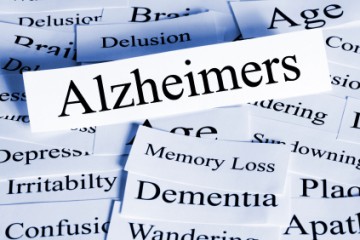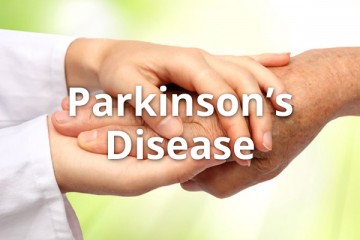The Science Behind Sanjay Gupta’s WEED 3
Trauma neurosurgeon turned journalist Dr. San Jay Gupta fired another broadside into cannabis prohibition Sunday with the one-hour CNN special WEED 3, on the eve of 4/20.
In it, the one-time U.S. Surgeon General candidate called for a “medical marijuana revolution” and demanded the botanical be legalized for medical purposes. President Obama seemed to agree.
WEED 3 looked at the use of medical cannabis to treat PTSD, lessen the epidemic of painkiller overdoses in the U.S., treat Alzheimer’s and manage the pain of sickle cell disease. It was a historic moment in medical cannabis’ history to have such a major platform air footage of the kinds of stories that for too long only appear in the dry papers of medical journals. Still, WEED 3 is made all the more compelling by the science behind it, and here are some of the studies underpinning the marijuana revolution.
PTSD
Medical cannabis can help manage PTSD through a number of channels. It’s a sedative that decreases dreaming, which counteracts the intense dreams and insomnia associated with PTSD. But cannabinoids also go to work on the root cause of PTSD, a nerve cell-level dysfunction brought on by a traumatic event. A Yale associate professor of psychiatry told me that cannabis can be part of a cure for PTSD. There are now dozens of studies on medical research database Pubmed about cannabinoids for extinction learning.
Sickle Cell pain
Dr. Donald Abrams, head of Oncology and Hematology at San Francisco General, has done the impossible — obtained government-grown marijuana for a study of pain relief in patients suffering from a common blood condition, sickle cell disease. Here, two studies confirm the drug model of analgesic THC for sickle cell works in mice, and a questionnaire indicating it works on humans.
Opioid overdose
Dozens of Americans are dying every day from accidentally taking too many prescription painkillers — which are addictive. Government-sanctioned pills are now the leading cause of accidental death in the U.S. Groundbreaking new studies find that legal medical cannabis radically cuts down on those deaths, because cannabis allows opioid patients to take less pills or none at all. Medical pot saved 1,700 lives that would have been lost to overdose in 2010 alone.
Alzheimer’s Disease
One of the most radical ideas out there is that cannabis actually protects the brain from long-term inflammatory damage. Studies show THC reduces the creation and build-up amyloid plaques thought to contribute to the incurable, untreatable disease.
Cancer
Cannabinoids can slow, halt and even reverse cancers, more and more research concludes. And there’s few, better bullet-proof resources than the National Cancer Institute’s overview of cannabis and cannabinoids, which lists cannabis anti-tumor effects in cell and animal studies.
Epilepsy
According to published research, cannabinoids including THC and CBD “significantly reduced the percentage of animals experiencing the most severe seizures” and “significantly decreased the percentage mortality as a result of seizures; CBD (all doses) also decreased the percentage of animals experiencing the most severe tonic-clonic seizures. These results extend the anti-convulsant profile of CBD; when combined with a reported absence of psychoactive effects, this evidence strongly supports CBD as a therapeutic candidate for a diverse range of human epilepsies.”
Don”t believe the lie that there’s not enough cannabis research out there to legalize it. As Columbia Professor Carl Hart told me:
“Really when people say, ‘we need more research’, they have given you a cop out. When it comes to drugs like marijuana and cocaine and all these drugs, we know so much about these drugs. We know enough. It’s good to continue to increase your knowledge, but we know enough to have better drug policies than what we have. When someone says, ‘we need more research’, what they are really saying to you is that, ‘We need more research to point to what I believe.’ That’s what they’re telling you.”
Source: http://blog.sfgate.com/smellthetruth/2015/04/21/the-science-behind-sanjay-guptas-weed-3/





No Comment